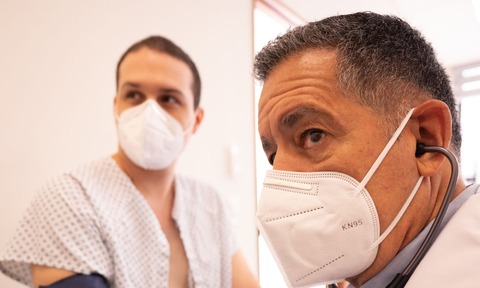Study claims mRNA vaccines carry lower GBS risk
10 Jun 2025

A new international study claims that mRNA vaccines may be associated with a lower risk of developing Guillain-Barré syndrome (GBS).
The neurological condition affects between 1 and 4 people in 100,000 annually and is linked to a number of infections.
The investigation team, which included scientists from the Southampton based Drug Safety Research Unit (DSRU), suggested a relationship between GBS and SARS-CoV-2 infection, but also some COVID-19 vaccines.
Writing in Vaccine, the researchers said the work drew on data from more than 230 million people across 20 global sites within the Global Vaccine Data Network (GVDN), including the Vaccine monitoring Collaboration for Europe (VAC4EU), whose members include the DSRU.
The study stated that people infected with SARS-CoV-2 were around three times more likely to develop GBS within six weeks of infection compared to other times, suggesting that infection with the virus increased the risk of GBS.
However, it stated an increased risk was also observed following some adenoviral vector vaccines but not after mRNA or inactivated vaccines studied.
DSRU senior research fellow Dr Alison Yeomans stated: “The understanding of the relative risks of vaccination and infection is critical to enable personalised decisions on vaccination. These findings highlight the need for ongoing safety monitoring and evidence-based guidance.”

